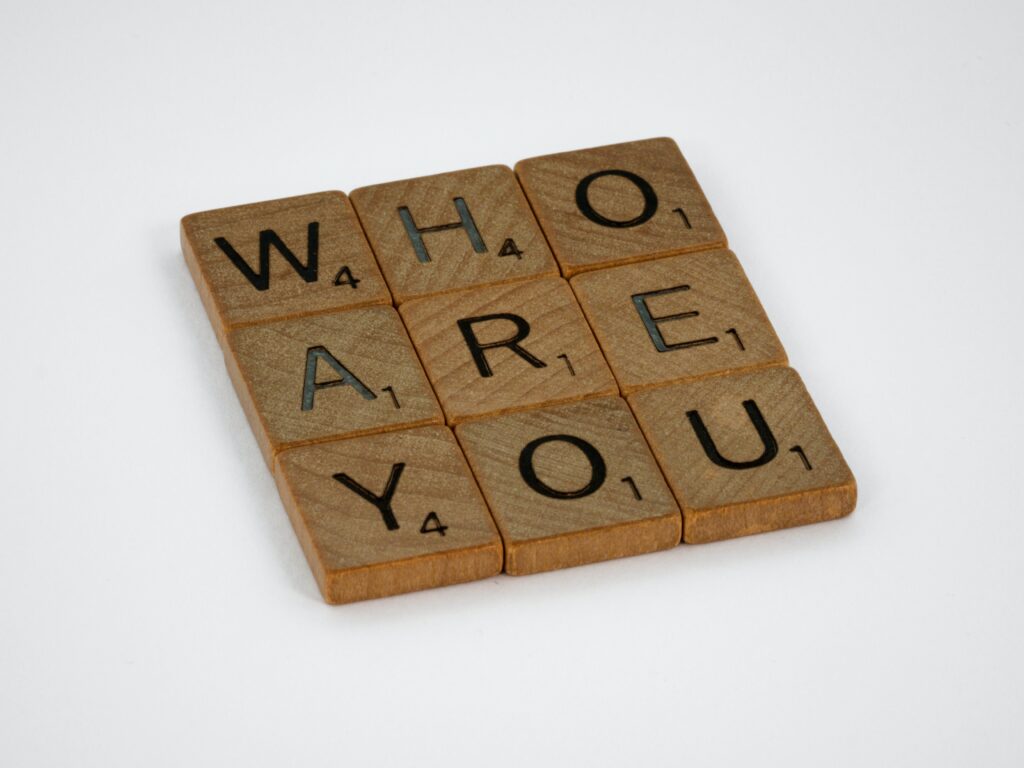I recently listened to an Emotional Healthy Leader Podcast episode by Pete Scazzero (The September 6 episode, Silencing the Seductive Voice of Your False Self) that greatly impacted me. In the episode, Pete said, “one of the most destructive temptations leaders face is living and leading from the veneer of the false self.” He then listed ten examples of how this can happen.
These examples made sense to me — and I think they’ll resonate with you too. In the upcoming weeks, I’ll talk about all ten. I am doing this because overcoming the false self is the best way to head into 2023. Leadership is about doing things with and through other people, so leading yourself past your false self is step one to leading effectively.
The False Self Series, Part 8: Not Forgiving Others
The next time you go on a trip, try this: Put two eight-pound dumbbells in your luggage. I did just that when I was 13 years old. Having begun working with a personal trainer and feeling excited about continuing my training regime on vacation, I packed the weights. However, my teenage brain did NOT consider how 16 extra pounds would impact my suitcase’s journey to our destination, the tiny island of St. John. I suppose it is no shock that my bag did not make it to our destination on time (though it did show up eventually!)
Forgiveness is a lot like that. Refusing to forgive others is a lot like carrying a suitcase with extra weight. By forgiving others, we don’t just lessen the weight; we stop carrying any weight altogether.
We live in a day and age when the slightest wrongs get people worked up. It is easy to say this is true about others, but harder to look in the mirror and do so. What upsets you? Or better said, who upsets you? Is there a grudge that you hold from decades ago? Or is there a legitimate wrong that has been done to you?
What weights are you putting in the suitcase you carry around each day?
It’s tempting to hold onto these wrongs — after all, you’ve earned them. At least, that’s what our inner dialog tells us. Certainly, they’re part of your story for better or worse. But do they have to define you?
The False Self as the Victim
The false self can often be the victim. This word often creates a deep emotional response because we don’t want to be the victim. Not only are victims easier to see in others, but they are also something we intuitively know that others do not want their leaders to be. So we resist being one ourselves.
Yet what do we become when we fail to forgive?
What are we when the other side is always wrong? Pick your politician on either side of the aisle. How do they come across when they cannot coexist with the other side?
Forgiveness is risky. What if the other person doesn’t deserve forgiveness? Or, to take things a step deeper, who is a person that actually deserves forgiveness?
All forgiveness is a gift — a gift to the person being forgiven. Mistakes are part of the human condition. All of us have fallen short, starting with me. Forgiveness is also a gift to the forgiver. Suddenly, they are free from carrying a weighted suitcase they were never intended to carry.
This does not mean all is forgotten. Wrongs are still wrong. You may need to create boundaries and reestablish trust. But the heaviness is gone. Your hands are now free of carrying the loaded suitcase.
Free to Be You
The purpose of this series has been to free you to be yourself. Not the pretend you. Not the you that is overly concerned about what others think. Not the one who is afraid to speak up or who holds grudges.
The one that is secure enough to let go.
The one that forgives because they were forgiven.
If you know Jesus, this is always true.
And if you don’t, the door is always open.
Life is not easy. This post does not claim that it is. And forgiveness is not an easy one-time event. It’s a moment-by-moment surrender. It is letting go of the weight and being secure enough to allow the situation to be. It also recognizes the human tendency to pick the weight back up later. We may need to begin every single day anew.
In my experience, it takes divine power. The kind that remakes you from the inside out. The kind that makes you someone others want to follow. This is not because you are that great, but because the One you follow is. After all, He forgave you.

